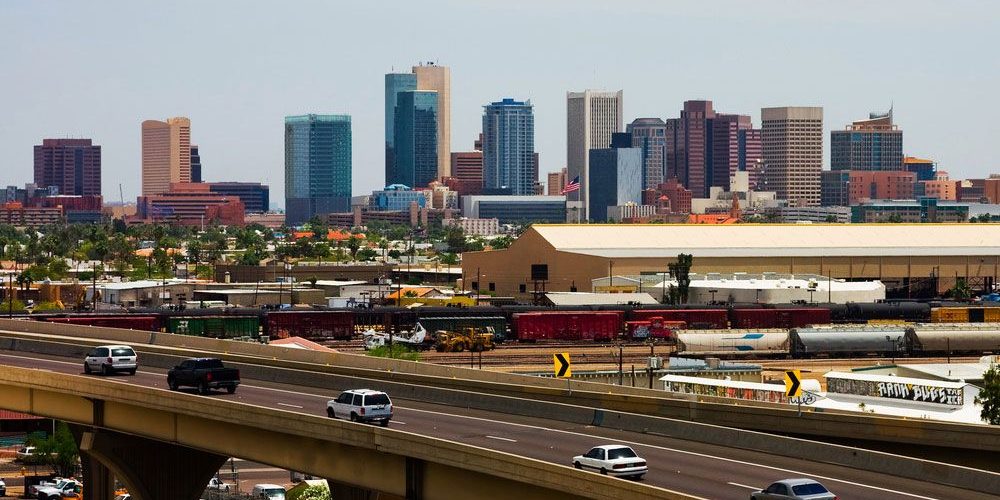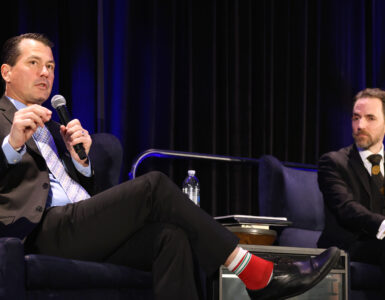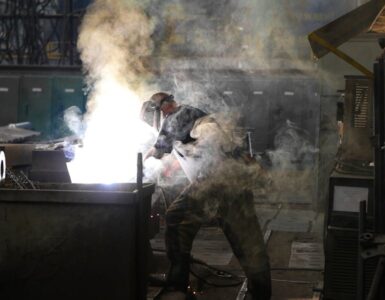What is Proposition 479?
Proposition 479, which appears on this year’s Maricopa County ballot, seeks to continue a dedicated half-cent sales tax to fund transportation projects.
Originally introduced in 1985 as Proposition 300 and renewed by voters in 2004 as Proposition 400, this tax has long been a critical source of funding for transportation infrastructure.
A “yes” vote on Prop 479 would extend the tax through 2045, while a “no” vote would result in the tax expiring at the end of 2025.
According to the Maricopa Association of Governments, the 20-year continuation of the tax is projected to generate $14.9 billion in revenue.
What is the Maricopa Association of Governments responsible for?
Since 1973, the Maricopa Association of Governments (MAG), as the region’s metropolitan planning organization (MPO), has been responsible for developing long-range transportation plans. These plans outline which transportation projects are needed, how they will be funded, and their construction timelines. Any regionally significant transportation project, regardless of the funding source, must be included in MAG’s long-range transportation plan.
What will Proposition 479 affect?
Of the half-cent sales tax, approximately 40% is allocated to freeways and highways, 22% is directed toward street improvements and infrastructure, and 37% is used to fund public transit.
If the tax does not continue the funding will have to come from a different source, most likely the state or federal government.
This diagram from the Maricopa Association of Governments highlights the effect of the sales tax in question. It contributes far more to the funding of Maricopa County’s public transportation expenditures than other sources of funding. Ending this sales tax will jeopardize multiple in progress projects.
If it continues, extending the half-cent sales tax would generate $14.9 billion in revenue over the next 20 years..
Furthermore, the revenue from this tax would support various transportation improvements across the region, including:
- Constructing new freeways
- Expanding current freeways
- Upgrading streets and intersections
- Maintaining existing transit services and implementing new system enhancements
“This is the funding source that’s really been instrumental in our major regional infrastructure investments,” said John Bullen, assistant executive director of Maricopa Association of Governments.
The business community view
In a statement filed for the Maricopa County Election Publicity Pamphlet, Arizona Chamber of Commerce & Industry President and CEO Danny Seiden and Vice President of Government Affairs Courtney Coolidge said passage of Proposition 479 “is imperative to ensure that these infrastructure investments continue, keeping our region at the forefront of economic growth and prosperity. Safeguards have been put in place to allow taxpayers to use their preferred modes of transportation, ensuring no single modality gets a disproportionate share of public resources.”
Likewise, the Greater Phoenix Chamber is an enthusiastic supporter.
“To make daily commutes faster and alleviate congestion on major roads and freeways, we must pass Proposition 479. Maintaining an average commute time below 30 minutes helps with the recruitment and retention of companies as well as employees,” President and CEO Todd Sanders and Chief Innovation Officer Jennifer Mellor said.
















Add comment